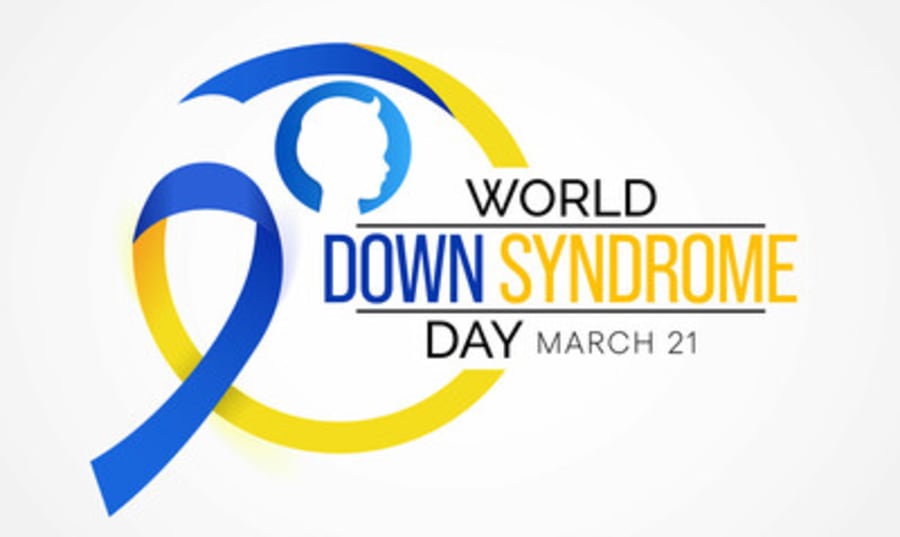Cost of Clinical Exome Sequencing Test in India
- 2 years ago
- 0 Comments
What is Exome Sequencing?
Exome sequencing, which sequences the protein-coding region of the genome, has been rapidly applied to variant discovery in research settings, and recent increases in the accuracy have enabled the development of clinical exome sequencing (CES) for mutation identification in patients with suspected genetic diseases.
Exome sequencing, also known as whole-exome sequencing ( WES ), is a genomic technique for sequencing all of the protein-coding regions of genes in a genome (known as the Exome).
Since these variants can be responsible for both Mendelian and common polygenic diseases, such as Alzheimer's disease, whole-exome sequencing has been applied both in academic research and as a clinical diagnostic.
Why do Exome Sequencing?
The Exome contains all the information on the metabolic process in the body. It can help diagnose multiple genetic abnormalities at the same time without knowing any specific gene of interest.
Clinical exome sequencing, when compared to other methodologies, provides more comprehensive information about all genetic abnormalities identified to date. Most physicians prescribe clinical exome sequencing over the whole Exome, or whole-genome sequencing is to pinpoint the exact no. of variations present in an individual's DNA, which are related to all clinical parameters.
Rather than going for the whole Exome, it is better to get clinical exome sequencing done. It only provides specific information that is related to disease instead of delivering every bit of data, which may be or not be essential.
What is Clinical Exome Sequencing?
Clinical Exome Sequencing is a DNA test that can identify the molecular basis of a genetic disorder in individuals with a genetically heterogeneous disease and an atypical presentation of a genetic disorder. This comprehensive clinical exome test covers more than 9000 genes, including the most relevant disease-associated genes.
New technologies in genomics have changed the way researchers approach both basic and translational research. Clinical exome sequencing (CES) is rapidly becoming a standard molecular diagnostic test for individuals with rare genetic disorders.
Clinical exome sequencing has rapidly become a component of the clinical approach to individuals with rare diseases and is being applied to a wide range of clinical presentations that require a broad search for causal variants across the spectrum of genetically heterogeneous Mendelian disorders.
What is Next Generation Sequencing?
Over the last few years, advances in next-generation sequencing technologies have decreased the cost of sequencing per base pair about 10-fold, improved accuracy, and significantly increased the speed of generating sequence data.
Next-generation sequencing (NGS), also known as high-throughput sequencing, is the catch-all term used to describe several different modern sequencing technologies.
These technologies allow for sequencing of DNA and RNA much more quickly and cheaply than the previously used Sanger sequencing, and as such, revolutionized the study of genomics and molecular biology.
What conditions does this test look for?
Clinical exome sequencing is used to investigate complex health and developmental problems with a suspected genetic cause. It's often used by specialist groups, such as geneticists and neurologists, to investigate specific causes of well-known but poorly understood conditions.
Clinical Exome Sequencing is a test for identifying disease-causing DNA variants within the 1% of the genome which codes for proteins (exons) or flanks the regions which code for proteins (splice junctions).
Clinical Exome Sequencing Detects Disease-Causing Glitches At a Glance In some patients with suspected genetic conditions, a fast, powerful technique called whole-exome sequencing provided a molecular diagnosis.
How is the test performed?
To accomplish this, we generate over 10 billion bases of raw sequence data per patient so that, on average, every protein-coding DNA base is sampled over 100 times.
Using our informatics pipeline, we can find 95% of all DNA variants within the targeted region of the genome. On average, 20,000 DNA variants are detected in exons per patient. However, the vast majority of these DNA variants are benign polymorphisms.
To identify the potentially disease-causing variants, we apply a series of filters to these data, which are specific for each patient, including family history, any differential diagnoses, and all relevant components of the patient's condition.
This effectively searches for all genes reported in the medical literature and mutation databases, which are known to cause any of the physician-provided phenotypes and include known protein-damaging variants.
What is the cost of the Clinical Exome Sequencing Test?
The cost of the Clinical Exome Test is Rs.20000/-.
How much time does it take for the outcome of the results?
It takes 4-5 weeks for the outcome of the results. The results will be sent to your email.
How to book an appointment for the Clinical Exome Sequencing Test?
You can either book the test online or can call us to book your test, and a free home sample collection will be provided to all our clients.
What do my test results mean?
Once your sample has been tested, a team of experts reviews any DNA changes or variants found. The team will determine the significance of any variants, using all the available published scientific literature.
In some cases, patients might receive an incidental finding'. An accidental or secondary result is one that is not related to your condition and may have been found by chance.
To minimize incidental findings, the laboratory expressly excludes specific sequencing genes known to cause adult-onset cancer, cardiac and neurological conditions. Your doctor will discuss any unexpected results with you and refer you to anything if necessary.
Clinical Exome Sequencing has a more than 93% chance of observing clinically relevant single nucleotide or small indel (insertions and deletions) variants.
What happens to my genetic information?
Genomics is the study of whole genomes of organisms and incorporates elements from genetics. Genomics uses a combination of recombinant DNA, DNA sequencing methods, and bioinformatics to sequence, assemble, and analyze the structure and function of genomes.
Genomic sequencing generates a large amount of genetic information. Access to and storage of genetic information is strictly governed by national laboratory and health privacy guidelines. You will be required to sign a consent form for exome sequencing, which will describe how your information can be used.






Leave Comment